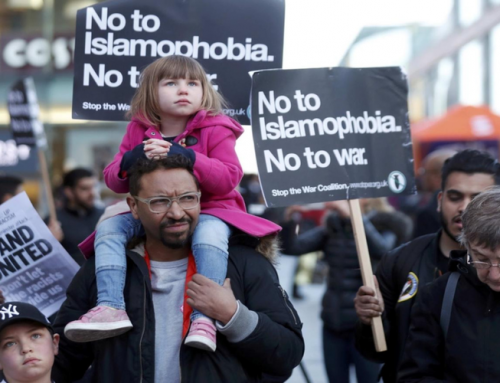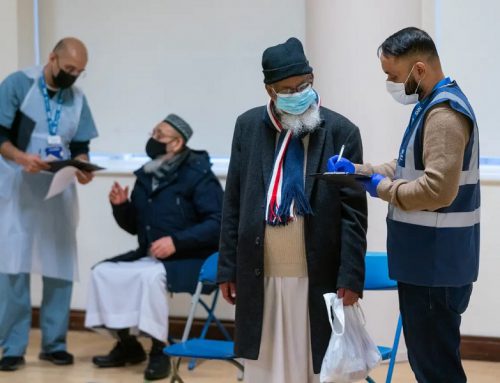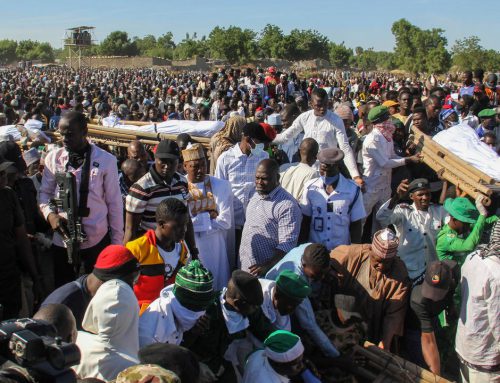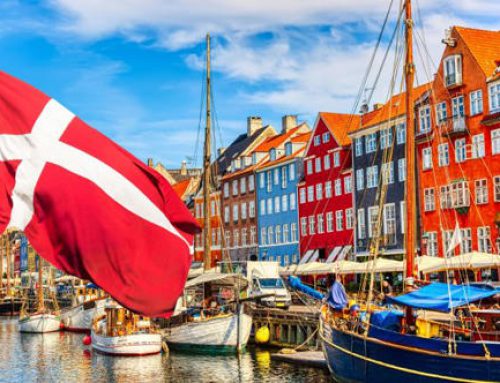The discourse about Islamic awakening came to existence in the 1970s and got even stronger in the 1980s, and became concrete and present in the 1990s and the following years. It is an awakening that has restored links between the Muslim communities and their heritage, yet this was at the expense of the religious and intellectual authorities of these communities, which have maintained its presence throughout the years of Western colonialism and during the previous religious and doctrinal unity of these Muslim communities. This Muslim awakening preserved the spirit of Islam and its roots in the hearts of Muslims, despite the challenge of the spread of ignorance and false beliefs, and that of colonial ideology as well as the intensity of attempts at the Christianization of the Muslim World. This awakening, which was uncontrolled and unsystematic, dominated the prevailing Muslim doctrines in many societies of the Muslim World and negatively impacted its role in framing the religious life of many Muslim societies, thus opening the door to the chaos of issuing religious decrees and opinions. This chaos resulted in bringing religious decrees from different environments and contexts to new ones, which were very different from those contexts in which they originated. This awakening and de- contextualization revived conflicts and historical debates, which have died and disappeared and were limited to the time at which they emerged. This caused a lot of chaos in the religious life and allowed for hasty interpretation of religious discourses, thus bringing about the birth of radical thought. This radical thought became present and strong during the time of scientific weakness and the mixing of sources, where any learner regardless of the level of knowledge, could issue religious decrees and teach religion. Examining the weakness and disintegration of the religious authorities of some Muslim societies in the last forty years stood as a prominent cause of intellectual and doctrinal loss, and therefore creating a trend towards extremism. It is an evidence that the Muslim societies that were able to maintain their religious and doctrinal unity and strengthened them, were able to save themselves the wave of violence that afflicted the rest of the Muslim World. For example, Malaysia, a predominantly Muslim country, where religions and races vary widely compared to the rest of the Muslim World, has been united under the umbrella of the Shafi’i doctrine. Religious centers throughout the country, which is keeping the unity of Muslims, provided an intellectual immunity in this regard, and saved the country the wave of violence that hit the neighboring Muslim countries. Figures showed that Malaysia survived the emergence of radical groups. The same applied to another country in the far west of the Muslim World, namely, Senegal, which has maintained and preserved the centrality of the doctrine of Imam Malik in its jurisprudential and cultural systems, and didn’t allow for any harm to inflict it. Senegal managed to avert the influence of radical movements that many neighboring countries suffered from. Azerbaijan and the Maldives could be classified as states that have succeeded in preserving their jurisprudential authorities, preserving intellectual and societal harmony among their citizens. In this regard, the concerned parties in the Muslim World are keen to develop a comprehensive and intensive program of work to study ways of restoring and building the jurisprudential authorities of the Muslim communities by inviting the OIC member states to adopt a unified strategy to re-adopt the jurisprudential authorities of the main Islamic schools of thought. This includes activating its role in public life and the renewal of the texts of religious decrees in accordance with the spirit of the current time, in order to pull the carpet from under feet of those who want to spread chaos by issuing decrees and by using slander that harm the Muslim World, by adopting the following scheme:
- Reintroduction of the main doctrines of the Islamic schools to public life and the restoration of their role in the unification of various communities.
- The call for the reformulation of the doctrines using modern discourse and the preparation of a comprehensive encyclopedias that seeks to purify the Islamic doctrines from the history of some opinions, replacing them with decrees compatible with the spirit of the times.
- Opening the door for collective social evaluation to re-fix the pillars of doctrines according to modern developments, and to bridge the gap between the legitimate arguments and that of the purposes of Islamic law, in order to bring different interpretations closer to the general spirit of Islamic law
- The development of intensive programs to codify Islamic jurisprudence according to the official jurisprudential doctrines to spare the nation the chaos of advisory opinions and to exclude jurisprudential issues which brought about historical conflict and dispute.
- The development of a joint action plan for all member states on religious policies.
- Intensifying a media discourse that calls for the respect and consideration of religious doctrines in order to create a public awareness in which all efforts are directed and united towards the restoration of the jurisprudential authorities.
* Dr.Tarik Ladjal is Professor of History at Effat University in Jeddah, Saudi Arabia





